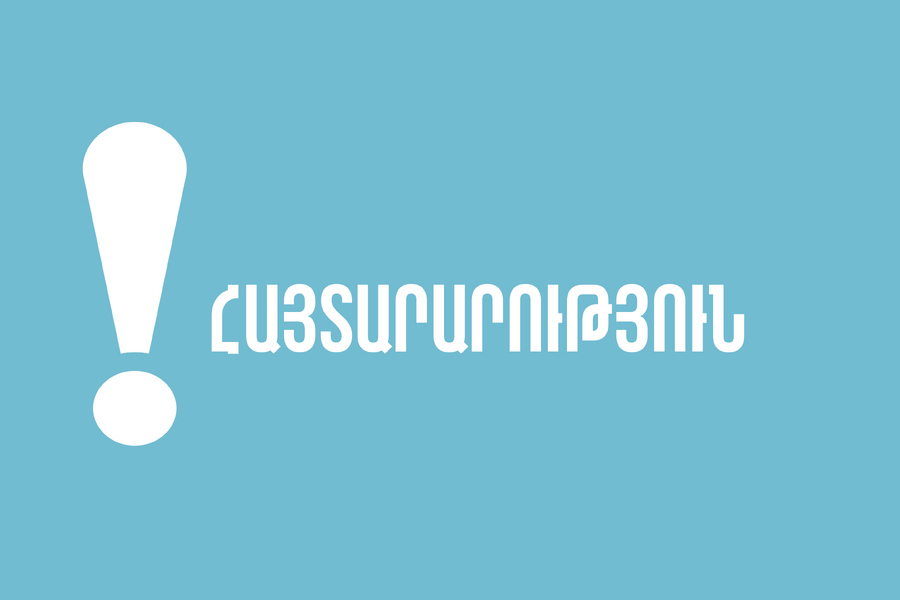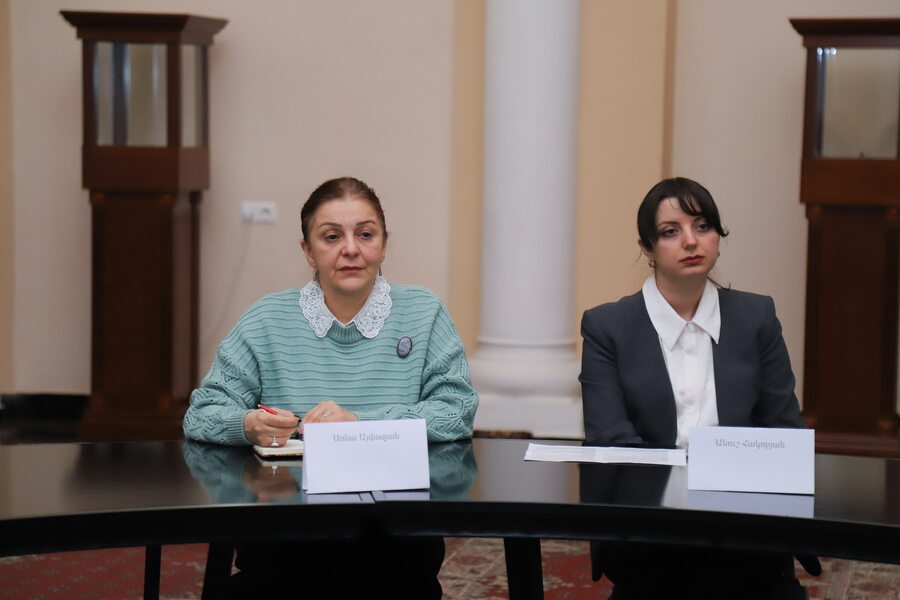Elections in the Republic of Armenia are as a rule accompanied by various violations and sophisticated mechanisms of election fraud that call into question the legitimacy of electoral processes and the bodies which come to power as a result of elections, as well as the existence of constitutional institute of elections in general. Whereas holding transparent and free elections is the cornerstone of democracy and democratic government. It is only in a democratic state that a fundamental principle stipulated by Article 2 of the Armenian Constitution might be ensured. "In the Republic of Armenia the power belongs to the people ". It is only the state authorities established by the people that enjoy public trust able to carry out effective political, economic and social reforms in the country. With the presidential election to be held in the Republic of Armenia in February 2013, preparatory work is in full swing by political forces in addition to other measures, including amendments to the Electoral Code. Studies conducted by the Armenian NGOs reveal that despite a significant number of electoral violations committed due to improper enforcement, the key mechanisms challenging the legitimacy of elections and authorities established as a result of them are rooted in the Electoral Code of Armenia. The most critical issues particularly relate to the misuse of administrative resources, inflated voter lists, various frauds in voting processes, as well as imperfect complaint mechanisms, that "are protected" by electoral legislation, and therefore can challenge the results of any elections provided under current conditions. Based on the above mentioned, we, the undersigned NGOs hereby welcome the initiative of political forces to make amendments to the Electoral Code and other related legal acts and call on the parliamentary factions to discuss the amendments presented by civil society along with the recommendations submitted by them. In this regard, we call on all the political forces, including the Republican Party of Armenia that form majority in the National Assembly of Armenia, not to boycott the extraordinary session invited on November 21, 2012 and up till the upcoming presidential elections make possible amendment to the Electoral Code of Armenia consonant with the recommendations by political minority and civil society, which will entail in correcting significant shortcomings in the Electoral Code. We find that the Armenian authorities should take up specific and urgent measures to reestablish the public trust in the electoral system and demonstrate political will to truly amend the Electoral Code of Armenia in order to organize free, fair and transparent presidential elections starting from February 2013.
Transparency International Anti-corruption Center, Europe in Law Association, Helsinki Citizens' Assembly Vanadzor Office, "Protection of Rights Without Borders" and "Rule of Law" NGO




